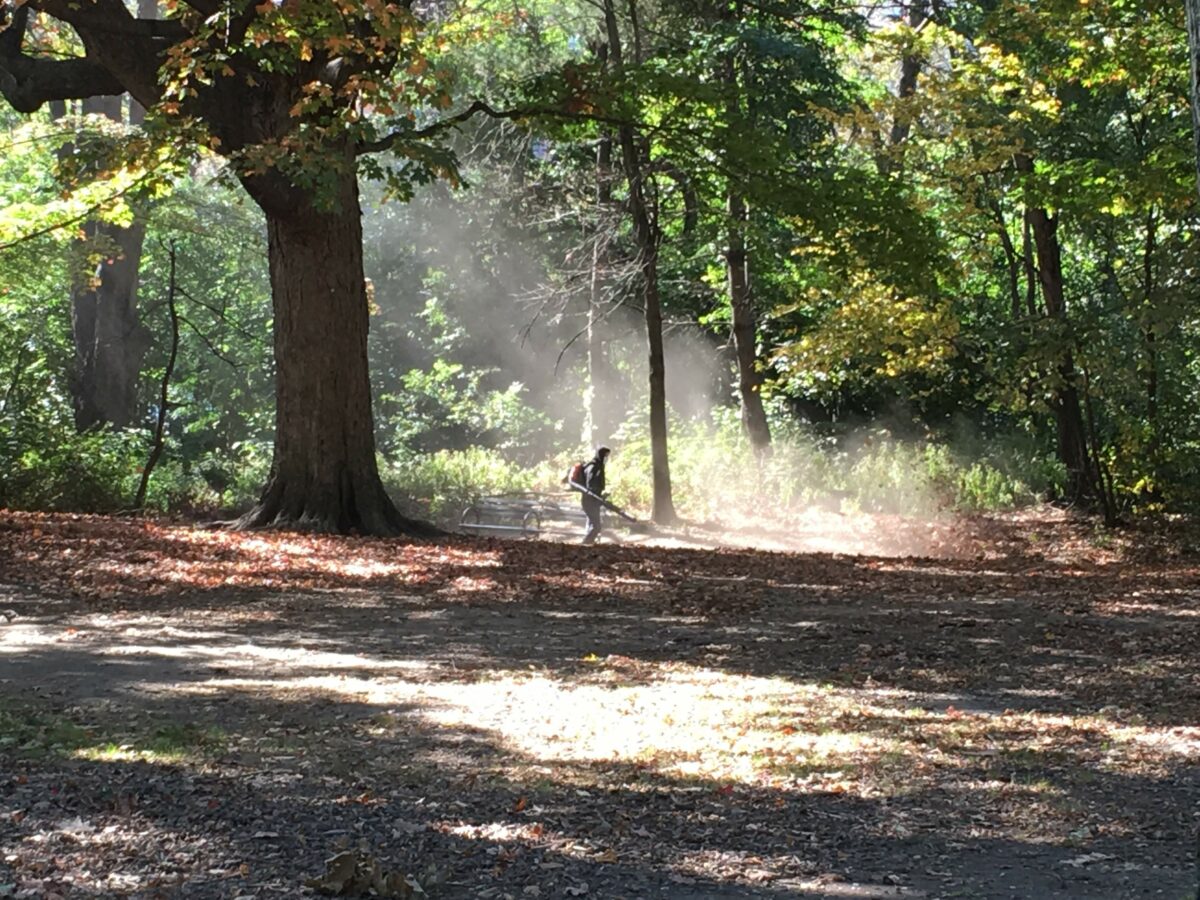March 27, 2023
The pivotal moments before and after you have an idea

Ideas have the power to change everything, but they’re not the only thing.
There are several other moments in the creative process that need to happen before and after the idea itself.
Starting with a memorable experience, interesting observation, compelling insight and a hypothetical question.
These are our moments of conception. Pivot points that alter the trajectory of a given creative expression. It’s when we say to ourselves, hey wait, I think there’s something there.
Only then does the idea come. Here’s a case study from my own database of fake inventions that could someday become real.
Several years ago, my friend was telling me just how awful it felt being single in her thirties living in a big city. She was so exhausted and hopeless from the process, that she decided to skip the middle man, quite literally, go to a fertility clinic, and investigate her options for becoming a single mother.
That was an experience. And it led me to the following observation.
Holy cow, dating involves a heroic about of rejection.
Which led the following insight.
This rejection makes single people doubt whether they are truly lovable, get fed up, quit their search and miss out on amazing relationship opportunities.
After that came the question.
What if there was a way to help people’s hearts not give up?
Now, notice we haven’t even gotten to the idea yet. So far, it’s just an experience, observation, insight and question.
But once those four moments happened, the ideas came pouring in to my brain.
My first one was to invent a warning label bracelet that alerts people you’re dating about the emotional risks associated with starting a relationship with you. After all, when two people are attracted to each other, they might ignore all the warning signs that the other person is not right for them.
This new bracelet can help single people give up the ghosting. Within five seconds of meeting each other, they would already know if someone was, say, a passive aggressive, codependent, conflict avoidant arsehole. This would make dating more efficient and prevent single people from wasting their precious time, money and energy on the wrong potential mates.
Headsup: Don’t just manage expectations, master them.
Here’s another idea of mine in response to my friend’s gripes about being single.
Introducing an app that syncs with your dating calendar and sends you real time positive affirmations to keep you afloat along the journey of love. Every day you get text notifications customized to your specific personality and dating objectives to help you navigate the devastating journey of finding true love.
Perhaps when you wake up in the morning and grab your phone while you’re lying in bed hungover, there’s a note that reminds you, just because you fall asleep eating a frozen burrito doesn’t mean you’re unlovable.
Buoy: We won’t let your love boat sink.
Okay, now, are either of those million dollar products? Maybe. But we’ll never know if we stop the creative process right there.
Because once there has been an experience, observation, insight, question and idea, now it gets really interesting.
Now we have to complete our thinking by seeing how far we could take it.
Imagining how to build a team to own that process, figuring out where the leverage is, and deciding what resources would be required to execute it.
For my first idea about warning label bracelets for single people, let’s start with obvious partnership opportunities with existing wearable technology brands.
We could tap into the power of current customer bases by embedding our idea within the development architecture of popular products that single people already use. Or we could pitch our idea to one of those electronics companies, persuading them to build it themselves as a feature for their next product release.
Did you notice it’s not just about the idea anymore?
Now we’re taking it farther. Thinking about all the ways the idea can collide with the real world to solve real, urgent, expensive and pervasive problems.
That’s the process, soup to nuts.
A memorable experience, an interesting observation, a compelling insight and a hypothetical question.
Then the ideas themselves. And then the transition from origination to perpetuation. Owning whatever little world you investigate to a great, high level.
Seeing how far you can take things.
How attuned are you to the pivotal moments that happen before and after you have an idea?

